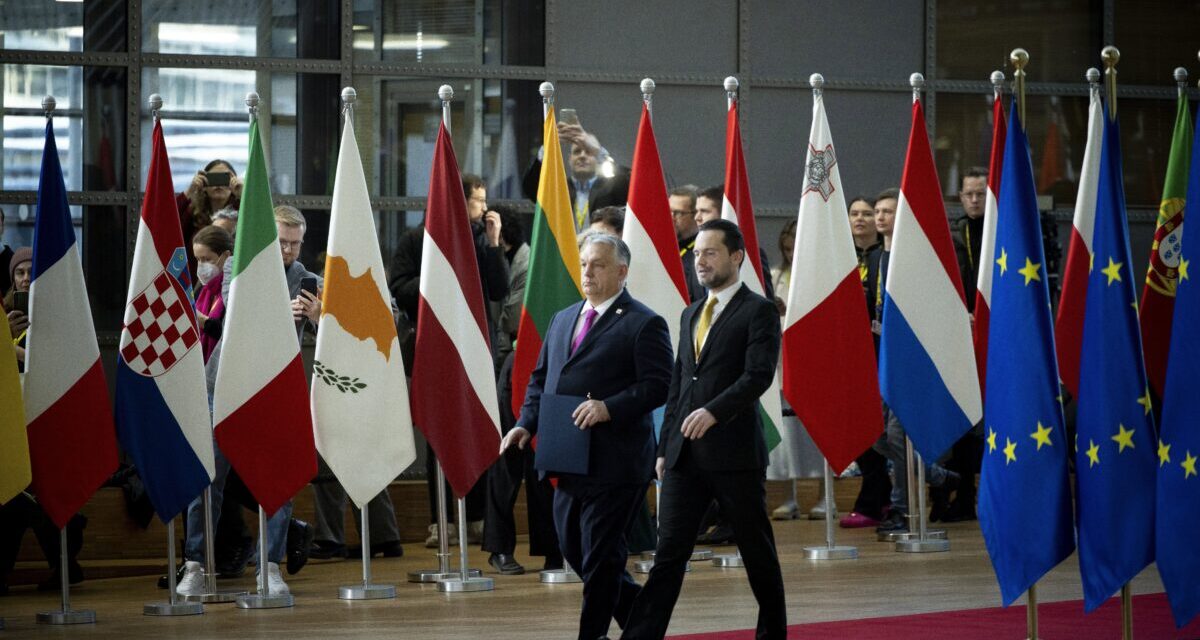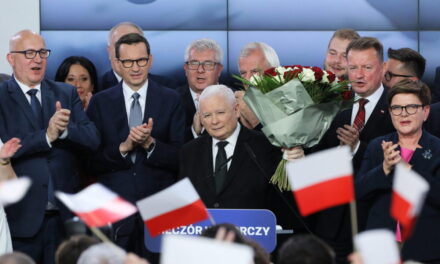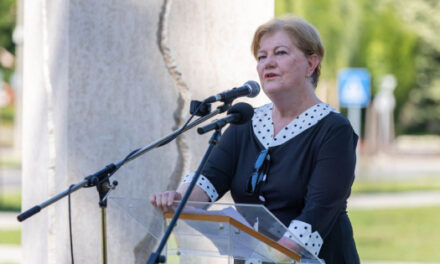Not only has a frontal attack been launched against Viktor Orbán, but even the EU leaders are being held accountable for contributing to Hungary receiving the resources we deserve.
How the European Parliament is attacking Prime Minister Viktor Orbán and Hungary - this is what the Brussels news portal Politico wrote about. On Wednesday, the president of the European Commission and the European Council will be questioned about why they unblocked funds for Hungary while the rule of law concerns persist.
On Thursday, MEPs can vote on the resolution on Hungary. This includes an invitation to EU countries to proceed with the Article 7 procedure.
The resolutions of the European Parliament (EP) do not have direct legislative power, so they are not binding on the member states. Rather, the resolutions convey political messages from Brussels.
But beyond Thursday's vote, they are trying to exert pressure not only on the member states, but also on the EU institutions.
In addition to the questioning of Ursula von der Leyen and Charles Michel on Tuesday, we can also expect news regarding the signature collection against Hungary.
Recently, a petition was launched to revoke the Hungarian government's right to vote in the Council of Member States. The fact that the petition was supported in a record number, with 120 signatures, clearly shows the antipathy towards Hungary.
The People's Party EP representative who initiated the signature collection allowed himself to say (in his interview with Rtl.hu) that
"if we look at the narrative of Fidesz over the years, especially before the elections, we really find some similarities with the narrative of the Nazis".
The next step in the process is to consult with the President of the European Parliament in connection with the petition, so that a decision can be made on its contents.
However, the more realistic representatives and experts sounded the alarm that a very negative and excessively anti-democratic series could begin by withdrawing the voting rights of member states in the EU Council just because they do not agree with the position they represent.
However, it should be emphasized that the petitions of the European Parliament on its own initiative, signed by the representatives, do not have direct, binding legislative power for other EU institutions.
In light of all this, according to the Brussels portal Politico, there is still a small chance that Viktor Orbán will actually lose his right to vote in the near future, but even they assessed that a "frontal attack" is now being launched against the Hungarian Prime Minister.
Cover image: In the image published by the Prime Minister's Press Office, Prime Minister Viktor Orbán (b) arrives for a two-day meeting of the heads of state and government of the European Union member states in Brussels on December 14, 2023.
From the right, Bertalan Havasi, the prime minister's press chief. Source: MTI/Prime Minister's Press Office/Zoltán Fischer













